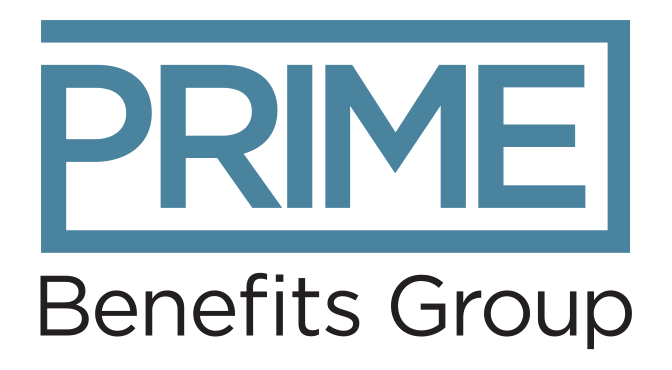- Have a question?
- 613-89-Prime (77463)
- 1-866-950-3667
- info@primebenefitsgroup.com
Retirement Revolution? How to Adapt to Changing Trends


What does retirement look like to you? The answer is different for everyone, but one thing is becoming clearer: many are beginning to view the traditional retirement age of 65 as outdated.
Once seen as a milestone reached at the age 65, the concept of retirement is undergoing a shift in the minds of today’s workforce. Nearly three quarters of Canadians aged 24 to 44 think the retirement age of 65 doesn’t fit anymore. This shift isn’t confined to a particular generation but is notably pronounced among Millennials and Gen Z, who are redefining retirement on their own terms.
Instead of adhering to a rigid timeline, younger workers are embracing flexibility and seeking opportunities to pursue their passions, both personally and professionally, throughout their lives. Meanwhile, older generations are increasingly viewing retirement as more of a transition to part-time work instead of a sudden stop.
Employers need to consider this to keep up with retirement planning options and benefits in the workplace to cater to employees’ shifting perspectives and priorities.
Shifting Views
Several reasons are behind shifting attitudes toward retirement. Higher living expenses, along with fewer opportunities for traditional retirement aids like owning a home or receiving employer-backed pensions, make retiring at 65 seem much harder to reach. So does longer life expectancy and better health in old age, a preference for a gradual shift into retirement, and evolving attitudes that view retirement as a new beginning rather than just a period of rest and relaxation.
Confidence in the ability to retire ‘on time’ and debt-free has declined among Canadians over the past several years. Stress about retirement is affecting Canadians in various was, with 28 per cent reporting effects on their personal health, 23 per cent on career decisions and 23 per cent on their choice of employers.
The number of Canadians participating in employer pension plans is over 6.6 million, but the overall percentage of workers with access to a pension is low at less than 40 per cent. About one in five Canadians without a workplace pension feel assured they can retire on their own terms while maintaining their current standard of living. In contrast, that figure rises to one-third among those with a workplace pension plan.
These factors may drive employees to explore alternative retirement plans. Rather than waiting until their mid-60s to retire, many workers are also now considering early retirement, with ambitions ranging from entrepreneurial ventures to consulting, not-for-profit work or pursuing creative projects.
How Employers Can Adapt
Employers play an important role in responding to these shifting views on retirement. Recognizing that one size does not fit all, companies must consider evolving their benefits and retirement planning offerings to meet the diverse needs and aspirations of their workforce. This could look like offering flexible savings options that fit different financial situations and career paths. For example, flexible contribution plans enable employees to adjust their savings rates based on their needs, whether they may be focused on paying off loans or saving for a home.
Promoting financial literacy is also key in enabling employees to make informed decisions about retirement planning. Employers can provide educational programs covering budgeting, investing and retirement planning personalized for different life stages. Access to financial advisors or retirement planning workshops can also help employees develop personalized strategies aligned with their goals and timelines.
Retirement Readiness
As the idea of retirement continues to evolve, employers need to adjust to meet the needs of their workforce. By adapting retirement benefits to match the needs and desires of today’s workers, employers can support their team in attaining a financially stable retirement. Contact us today so we can work together to strengthen your offerings and help you stay ahead of the curve.
Suggested Reading
How Employer Matching Can Improve Retirement Readiness
Retirement Ready? Why Most Canadians Say ‘No’
Additional Sources